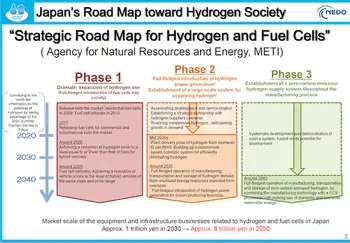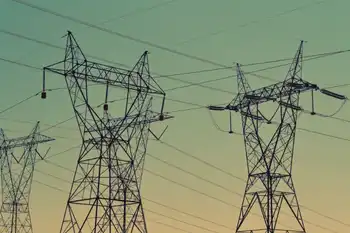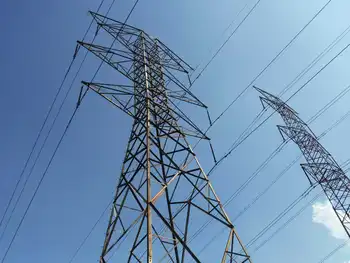In France, is enthusiasm cooling for utilities merger?
PARIS, FRANCE - Plans by Prime Minister Dominique de Villepin to fend off foreign takeovers and create a second French energy champion looked less certain after an Italian utility, Enel, showed continuing interest in buying its French rival Suez and some French lawmakers appeared to be having second thoughts. The French government arranged the 70 billion, or $90 billion, deal between Suez and Gaz de France in February in what seemed to be a hastily designed plan to block Enel's designs on Suez.
But the plan quickly drew protests from European Union and Italian officials, who labeled the move as crudely protectionist, and French union leaders, who chafed at the prospect of Gaz de France falling into private hands.
A French government spokesman, Jean-Francois Cope, insisted that work on a law allowing Gaz de France to be partly privatized a prerequisite for any deal with Suez was on track. "For the moment, we are exactly in line with the timetable that was laid down," Cope said. But there also were signs that French lawmakers might balk at the prospect of approving legislation that could stir ill will among the country's vocal and restive unions. Social unrest in France already has dealt Villepin and his center- right government serious knocks in recent months. Rioters tore through poor, urban parts of France last autumn, exposing the government's failure to narrow a yawning social divide.
Then, during the spring, students and unions mobilized for massive street demonstrations and forced Villepin to throw out a law giving companies greater flexibility to hire and fire workers.
Franck Louvrier, the spokesman for Nicolas Sarkozy, who is the head of the governing center-right party and a possible presidential candidate, confirmed reports in French newspaper that several members of the National Assembly in the governing party had grown concerned about the consequences of passing the privatization law. "That's what you seem to be hearing in the corridors of the National Assembly," Louvrier said. He added that Sarkozy had paved the way for the partial privatization of Electricite de France, the biggest French utility, two years ago while contending with pressure from unions, and that he "knows the difficulty of the exercise full well."
Louvrier said Sarkozy was, for now, keeping his views to himself on whether the government should proceed.
Mireille Toux, a spokeswoman on energy issues for the CFDT labor union, warned that the government was headed for a showdown unless it changed course. Lawmakers "are right to be afraid, especially given how weak they are already," she said. "There is a risk that union mobilization will translate into a mobilization of the population."
Another factor that could derail the chances of Suez merging with Gaz de France would be a decision by Fulvio Conti, the chief executive of Enel, to step forward with a formal bid. In a report published on Wednesday, Conti told the Italian newspaper Corriere della Sera in response to questions about Suez that there were "no closed chapters in the world of energy." Conti added that it was "anachronistic to be firmly entrenched within a country's borders."
Antonella Bianchessi, an analyst with Morgan Stanley, reinforced the view that Conti could make a play for Suez. In a research note published Wednesday, she said Enel managers had "reconfirmed their interest for international expansion including their interest in Suez as one among a range of options being studied."
But Antoine Lenoir, a Suez spokesman, said his company had favored a deal with Gaz de France from the beginning. "We have said that the merger with Gaz de France is the best for Suez," Lenoir said. "No one is questioning the industrial logic of this deal."
Related News

Toshiba, Tohoku Electric Power and Iwatani start development of large H2 energy system
TOKYO - Toshiba Corporation, Tohoku Electric Power Co. and Iwatani Corporation have announced they will construct and operate a large-scale hydrogen (H2) energy system in Japan, based on a 10,000 kilowat class H2 production facility.
The system, which will be built in Namie-Cho, Fukushima, will use H2 to offset grid loads and deliver H2 to locations in Tohoku and beyond, and will seek to demonstrate the advantages of H2 as a solution in grid balancing and as a H2 gas supply.
The product has won a positive evaluation from Japan’s New Energy and Industrial Technology Development Organisation (NEDO), and its continued support for the transition to the technical…




